
Web-enabled mobile devices, tablets and notebooks across all age groups are rapidly becoming the primary media with which to access the internet in emerging markets. In Sub-Saharan Africa, SE Asia and other developing economies, broadband connections are becoming faster and more affordable. Roughly 69% of all internet users now do so through a mobile device.
English is the “language of the web”. English language proficiency is becoming increasingly important in order to participate effectively on the internet. It is estimated that 300 million adults in Africa and 200 million adults in India have English reading skills lower than that of an average 14 year old. In many cases literacy levels drop to as low as only 200 words in English.
English literacy represents a huge barrier to using the internet. Research shows that a low literacy level is a greater deterrent to entering- and continuous use of the web than income, age, home language or occupation.
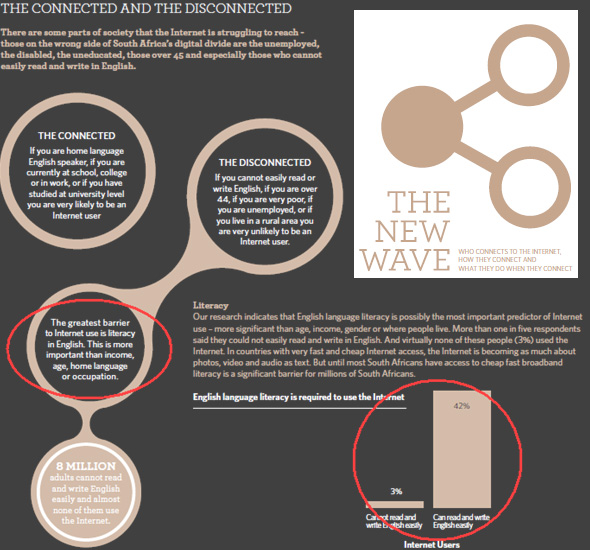
The argument exists that web language translation into English neutralises the problem of deficient English literacy levels. Translation into English from other languages, however, is not all-encompassing or effective. Of the current 64 languages Google translates into, not a SINGLE ONE of the 16 LARGEST African languages spoken by over 300 million people are included. Many of these African languages are primary home languages, meaning that millions of people with English as the relegated second home language remain effectively “disconnected” from the web.
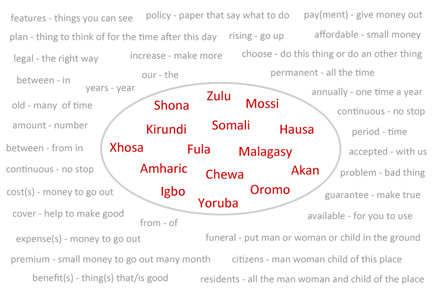
Another mitigating factor to web language barriers is that English proficiency is not really necessary for most web interaction which – especially in the young – centers around accessing mostly video-, music- and social network content. This is not the case. Research by the African based University of the Witwatersrand, shows that the web “connected” (English literate), are primarily drawn to- and keep on using the internet to “find information” :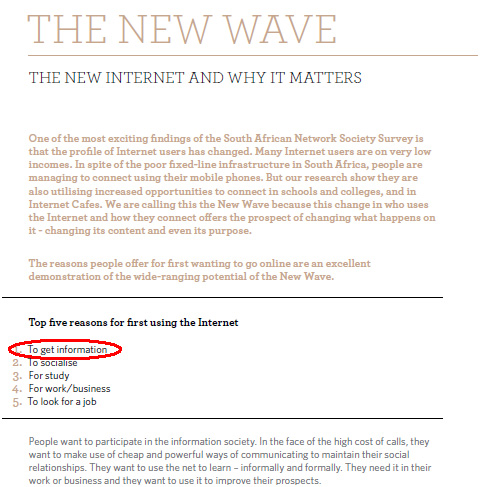
Governments worldwide spend billions on providing ground level local communication to their various communities. A vast amount of this information is finding its way online and is growing rapidly. Government online information networks link into many hundreds of thousands of content supporting websites around the world :
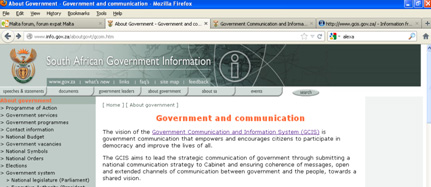
This information especially, needs to be understood by language challenged-, lower socio-economic level communities. These are specifically the people that critically need easy-to-understand information on education, sanitation, health, security, food production, housing and other base-level social services :
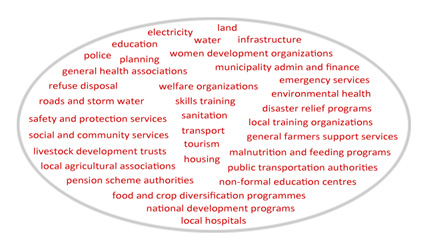
In the next few years, it is predicted that roughly 2 out of 3 adults in developing countries will be using mobile internet resources for their information needs, with the implication that Government online communication will correspondingly become more accessible. As numbers increase, this means improved English reading skills will become an even larger asset from Government communication initiative viewpoints.
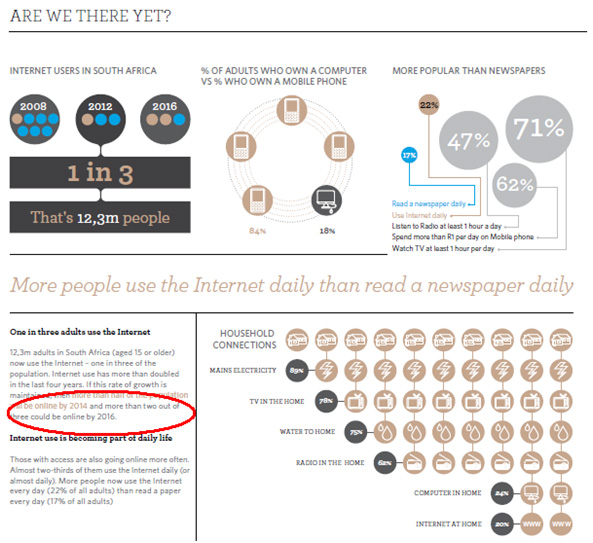
There is an additional argument supporting negation of language factors in web interaction. English proficiency and vocabulary strengths improve continuously on a broad population basis through further adult education. This implies that the internet will be more easily understood language-wise through organic educational growth rather than through short term tool application – i.e. Gatfol. Unfortunately, further adult education is expensive, takes a long time from application to results and typically has a VERY LOW success rate in terms of language vocabulary expansion.

As an example – with massive (especially African) investment in adult education initiatives, UNESCO studies show that whilst illiteracy rates are dropping, illiteracy volume numbers in various parts of the developing world are actually INCREASING – mainly because of high school drop-out rates.
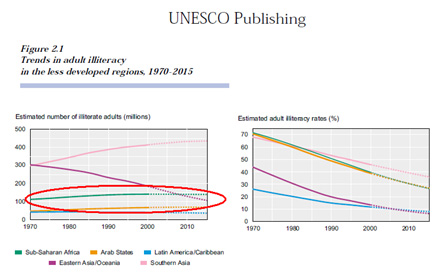
To summarise, it is evident that English proficiency is an absolute requisite for efficient online interaction in disadvantaged societies. This proficiency is the essential link for effective amalgamation of online content and the special needs of lower socio-economic layers – especially with regard to national and local government ground-level communication and resource distribution.
